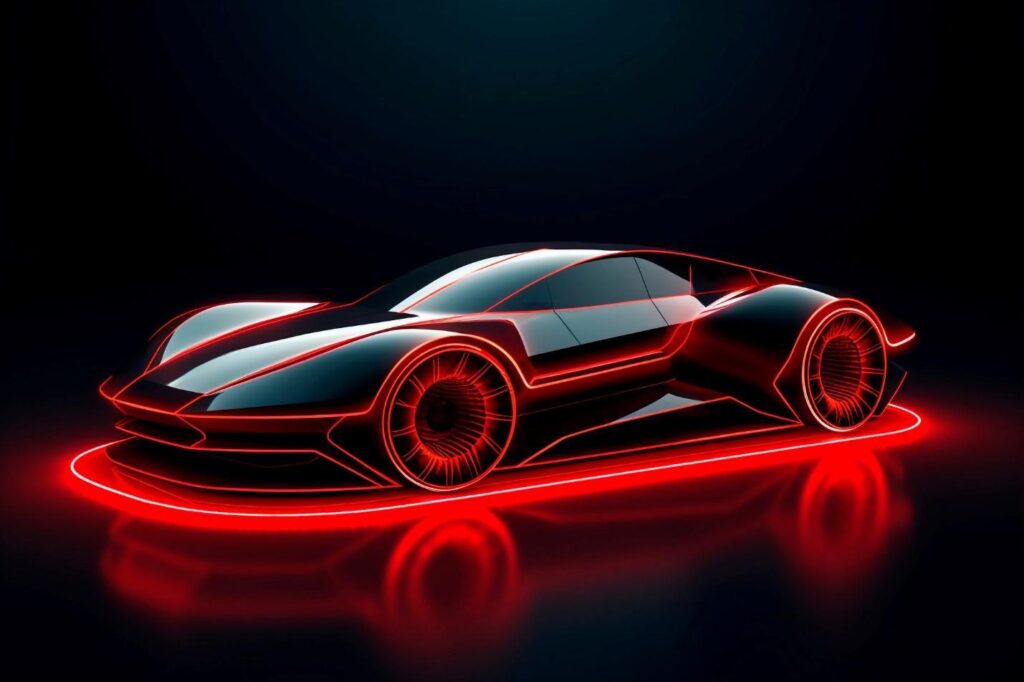Some people claim that cars used to be better. Oftentimes, such claims go too far, as even a properly restored bmw salvage, they say, would be better in terms of quality than a new car of the same brand.
To understand if this is indeed true, we need to ask: in what ways were they better? After all, modern cars still have the same four wheels, engines, and suspensions as their predecessors. Let’s sort everything out.
What is Quality, Anyway?
A product’s quality is a set of properties and characteristics that are formed during its creation to satisfy existing customer needs.
A quality product is a product that has certain characteristics that the client needs. However, this does not automatically mean at all that the product is reliable or durable!
The main quality that is in demand in the modern world is PRICE. With the same reliability, customers will buy what is cheaper, even if it is less reliable. There is a much higher chance that they would buy a product because it is beautiful and inexpensive, but not because it is durable. This principle forms the cornerstone of the entire capitalist economy!
Long story short, experts see five major reasons for the perceived deterioration of the quality of modern cars:
- construction complexity;
- the extensive use of electronics;
- the low demand for resourceful cars;
- the boom in eco-friendliness.
Let’s see what those reasons are in greater detail.
Construction Complexity
A regular hammer has only three parts – a handle, a striking part, and a wedge. There is simply nothing to break, and even if the handle breaks, replacing it costs a penny and is not difficult. Let’s compare it with a pneumatic hammer. Yes, it has become more convenient, but much more complex and less reliable.
The same thing happened with the car. For example, the car’s carburetor, which had a minimum of parts, was replaced by an electronic ignition control unit (popularly called the “brain”) and acquired a variety of advanced sensors.
Modern cars have engine brains, transmission brains, and body brains, even the headlights in BMW, for example, contain microchips. Quite naturally – the more parts there are, the more there is to break.
Electronics Everywhere
Unlike classical mechanics, any electronics can fail for many more reasons. Even if a company produces only one product and has a huge team of experienced employees (for example, Microsoft and Windows), it still fails from time to time.
Modern cars are stuffed with electronics. To make things even worse – all these electronics control the mechanics, and therefore, a glitch in the electronics can “kill” a fairly reliable mechanical unit. All this comes at the price of automation and improved comfort.
Relentless Statistics – The Majority Do Not Need Resourceful Cars
The auto industry has long calculated that people own a car for an average of 5–8 years, after which they sell it. In 8 years, with an average US mileage of 200,000 miles, a car would drive less than 200,000 miles.
In another 8 years, it will reach 400,000, but the car simply becomes obsolete at such an age. So, there is simply no point in bringing the resource to millions of miles. In Europe, few people drive even 150,000 before they sell their “old” car.
When a manufacturer can save money by making a car’s construction cheaper but less durable, why wouldn’t they do that? They have all the economic incentives to produce less resilient cars.
The Boom in ECO-Friendliness
The world has gone crazy about eco-friendliness, making it a priority for car manufacturers to comply with environmental requirements. In addition, many countries that host the biggest car manufacturing facilities do not have abundant oil and gas deposits.
For them, the issue of saving fuel is a very topical one. Therefore, they had to step up their mechanical engineering efforts to produce a complex technical design that helped them save on fuel consumption.
For the same token, many modern car production lines have turned away from the path of durability to the path of efficiency and environmental sustainability. Oftentimes, eco-friendly materials mean less resilience and more vulnerability to the elements: rodents, weather, and even chemicals used in road construction.
The Verdict on Modern Car Quality
Even such a quick analysis of modern car quality deterioration highlights multiple reasons involved. While today’s cars demonstrate strides in performance and sustainability, they are full of compromises in traditional attributes like durability and reliability.
However, the main quality that a modern consumer values most of all is price. All else being equal, a lower-priced car tends to attract higher demand.

